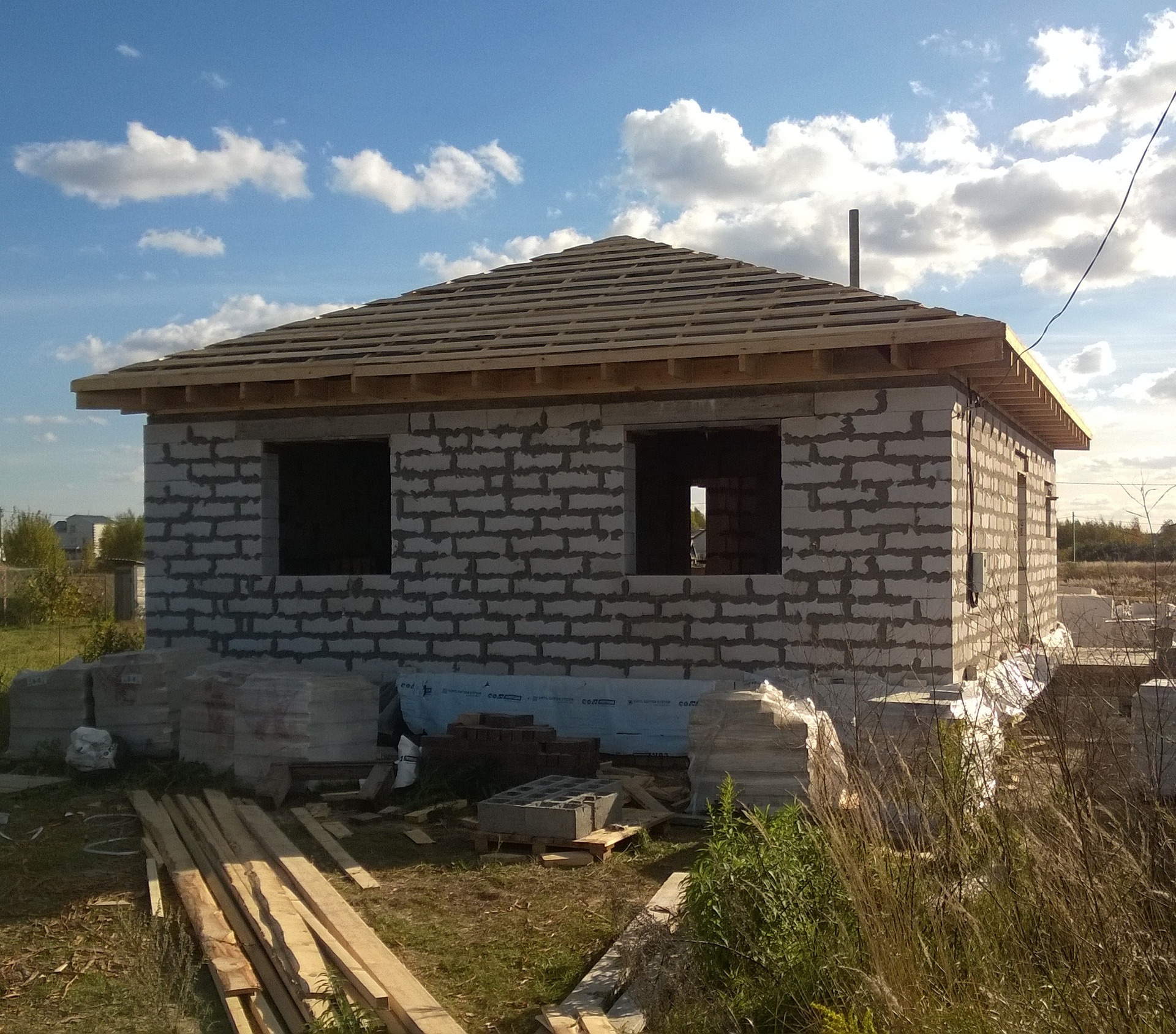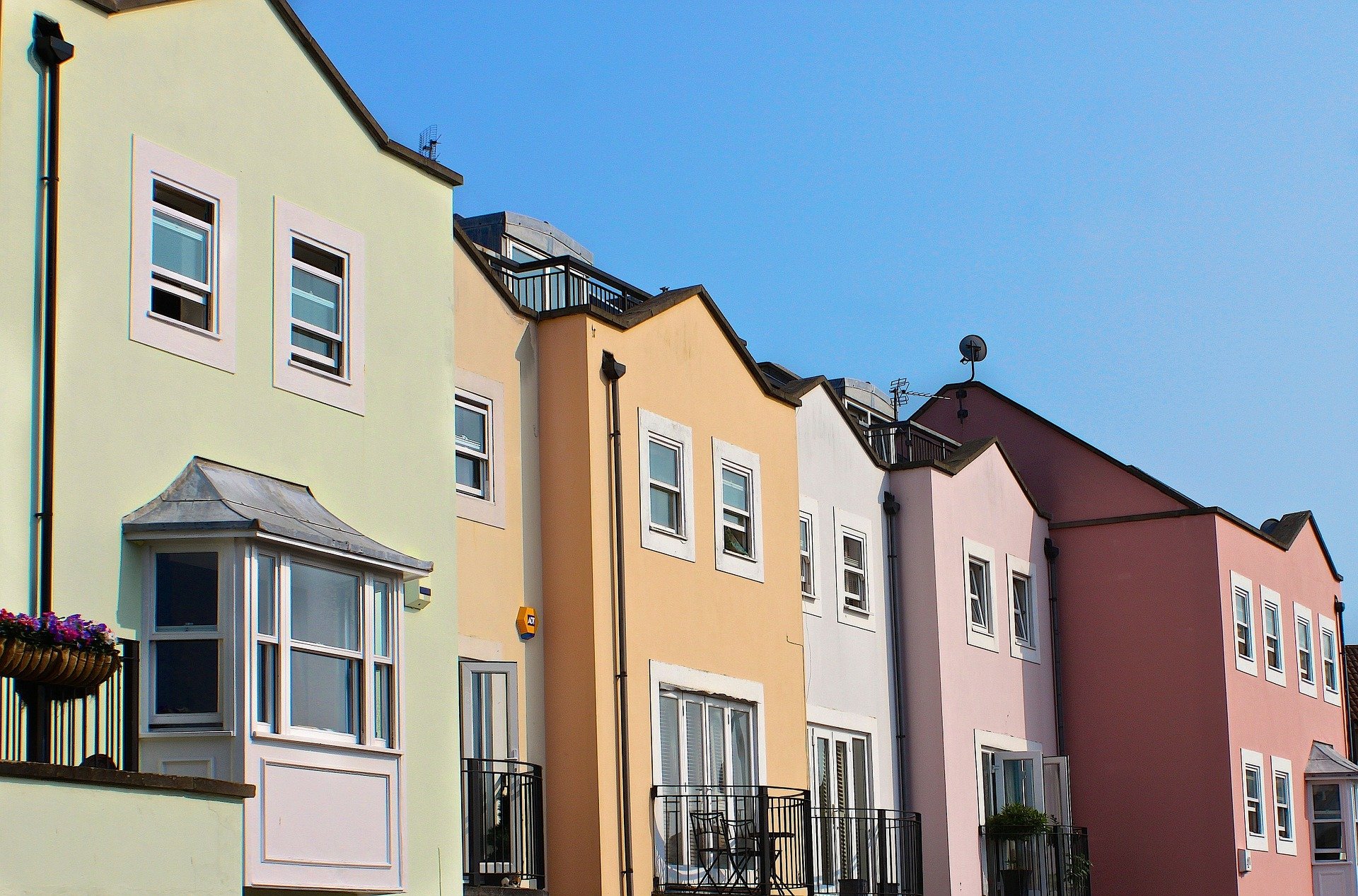 The main things to keep an eye on when developing a property
The main things to keep an eye on when developing a property
You may wish to get into property development for many reasons, from the financial reward to the challenge of creating something from nothing.
However you arrive at the point of wishing to develop property, there are certain things to look out for that can help you make good decisions in the development marketplace.
Location, location, location
Whether buying an existing home to refurbish and sell on or starting from scratch and engaging a builder and architect to develop a property from the ground up, picking the right location is key.
The location really encompasses everything about the property except the property itself. These factors include:
- The local aesthetic and any good views
- Unemployment rates and job growth potential in the area
- Quality of the local schools
- Nearby amenities and transport options
- Crime rates
For many developers, location is the number one issue when deciding whether to go ahead with a project.
The price is right
A cardinal rule of property development is not to become personally or emotionally invested in the finished product.
After all, it is not your home, it is an investment opportunity designed to make money.
If the asking price for the land, the building costs or the cost of an existing building is too large to allow you to make a realistic profit, then this development opportunity if not right and it’s time to look elsewhere.
Renovate versus build
There are two very different but equally valid types of property development; new builds and renovations.
New Builds – Sometimes known as ‘ground up’ developments, this involves purchasing the necessary land and coordinating with architects and contractors to build an entirely new building. This gives you much greater freedom of design and positioning, as well a potential for greater financial reward. It also carries more risk.
Renovations – This involves buying an existing building and investing capital into refurbishing, renovating and even extending a property to add noticeable value to the sale price and extract a profit that way. The rewards are usually lower than with new builds, but the process is less risky. For help securing the right price, you might need a mortgage broker and to make sure that the property is sound you will need a building survey.
Show me the money
Just like when you assess whether the asking price for a tract of land or an existing property is too great to allow you to make a profit, when it comes to securing financing, ask yourself simple questions about realistic profit and loss outcomes.
Be sure you fit within the lending criteria of the private development finance firm you wish to approach. The deal they offer you will vary depending on the project but will usually involve:
- A loan of 60% of the cost of the land and 100% of the cost of the build
- Interest rates are between 6% and 18% per annum.
- A loan term of 12 months
If the maths does not work out for the development property you had in mind, scrap the project and start again rather than risk putting yourself in a worrisome financial position.

